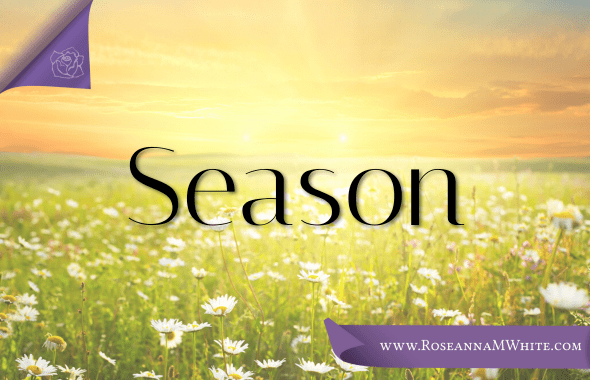
Word of the Week – Brat

If someone were to call you a brat, you’d know exactly what they mean, right? They’d be calling you a bad-mannered, annoying child. Or perhaps the child of someone in a very specific career (like an “army brat”). There’s often a connotation of being spoiled.
But did you know that the original meaning of brat, while still applied to children, was the exact opposite of “spoiled”?
Brat dates back to the 1500s and is thought to have come from some English dialects…and it’s from the word for “a makeshift, ragged garment.” Um…huh? Yep. When someone didn’t have proper clothes and made do with whatever they could find, it was called a brat, from the Old English word for “cloak,” bratt. So then the word began to be applied to the homeless or ragged children who were often forced to wear these makeshift clothes–beggar children.
How it evolved into what we know it as today is a bit murky. The suggestion is that perhaps it began to also be used as a word for a child’s apron…and the children who wore aprons were not beggars, of course. By 1788 the word brattery was being used for a nursery, so clearly it had evolved away from beggars by that time. And we know that by the 1920, bratty meant spoiled.
Definitely a word with some evolution!












 Roseanna M. White is a bestselling, Christy Award winning author who has long claimed that words are the air she breathes. When not writing fiction, she’s homeschooling her two kids, editing, designing book covers, and pretending her house will clean itself. Roseanna is the author of a slew of historical novels that span several continents and thousands of years. Spies and war and mayhem always seem to find their way into her books…to offset her real life, which is blessedly ordinary.
Roseanna M. White is a bestselling, Christy Award winning author who has long claimed that words are the air she breathes. When not writing fiction, she’s homeschooling her two kids, editing, designing book covers, and pretending her house will clean itself. Roseanna is the author of a slew of historical novels that span several continents and thousands of years. Spies and war and mayhem always seem to find their way into her books…to offset her real life, which is blessedly ordinary.